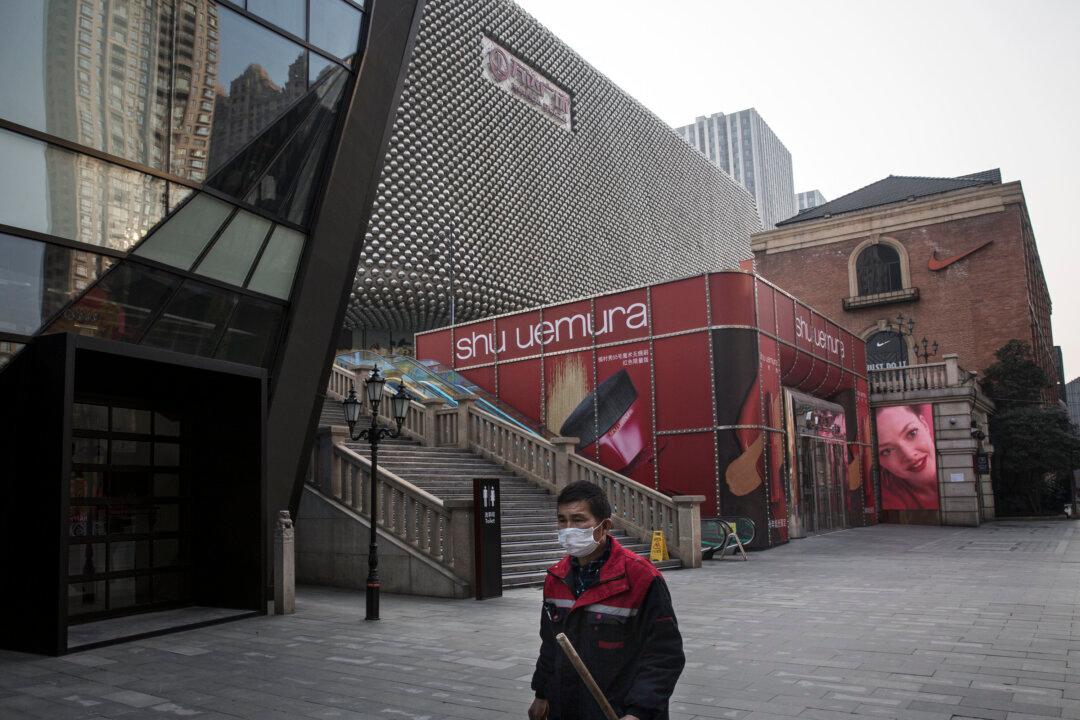As China expands lockdowns to many more cities to curb the spread of the novel coronavirus, a crisis of supply chain disruption will arise when all manufacturers run out of inventory due to the stagnation of labor, transportation and procurement of supplies. A massive number of companies could collapse in China within one or two months, an economist predicts.
Liu Mengjun, a Taiwanese economist and researcher from the First Research Division of Chung-Hua Institution for Economic Research, spoke with the Chinese-language Epoch Times in an exclusive interview on Feb. 6. He said that China’s economy did not suffer much from the 2003 SARS epidemic, because at that time China had just joined the World Trade Organization (WTO); and with a fairly low share in international trade, it managed to survive when the overseas market demand diminished during the SARS outbreak.

